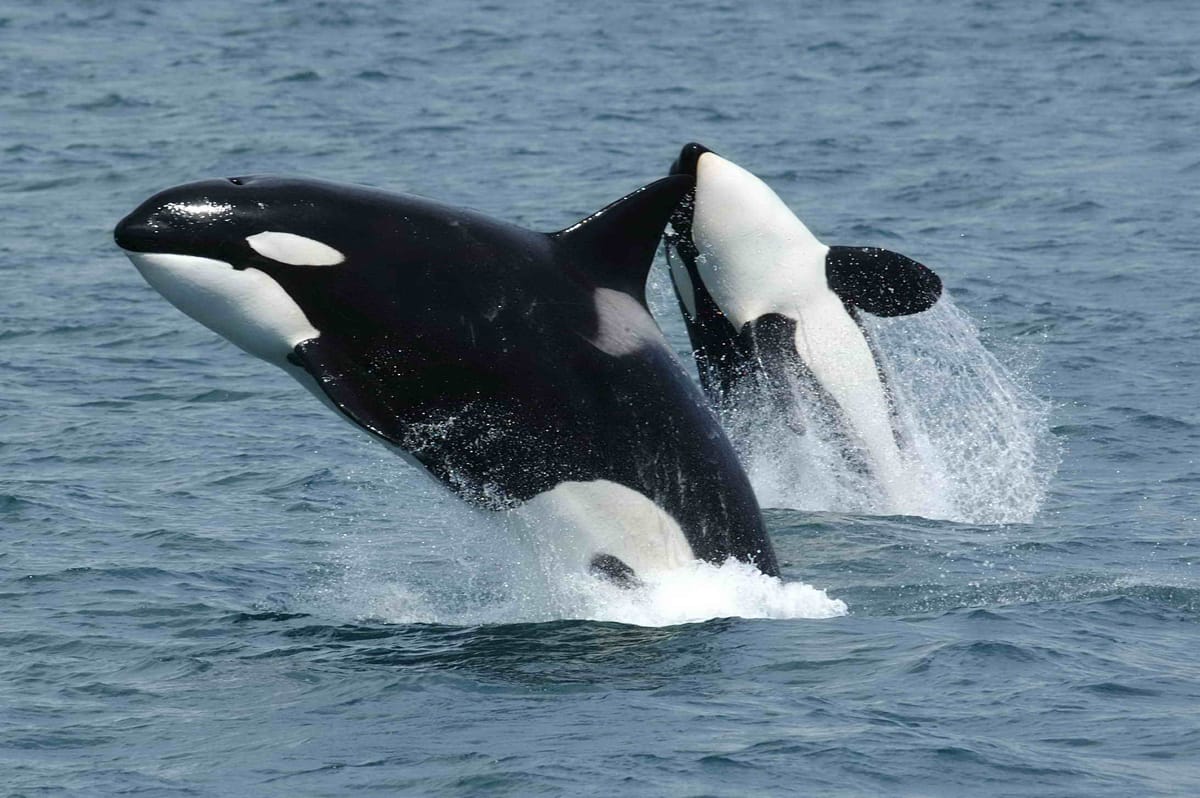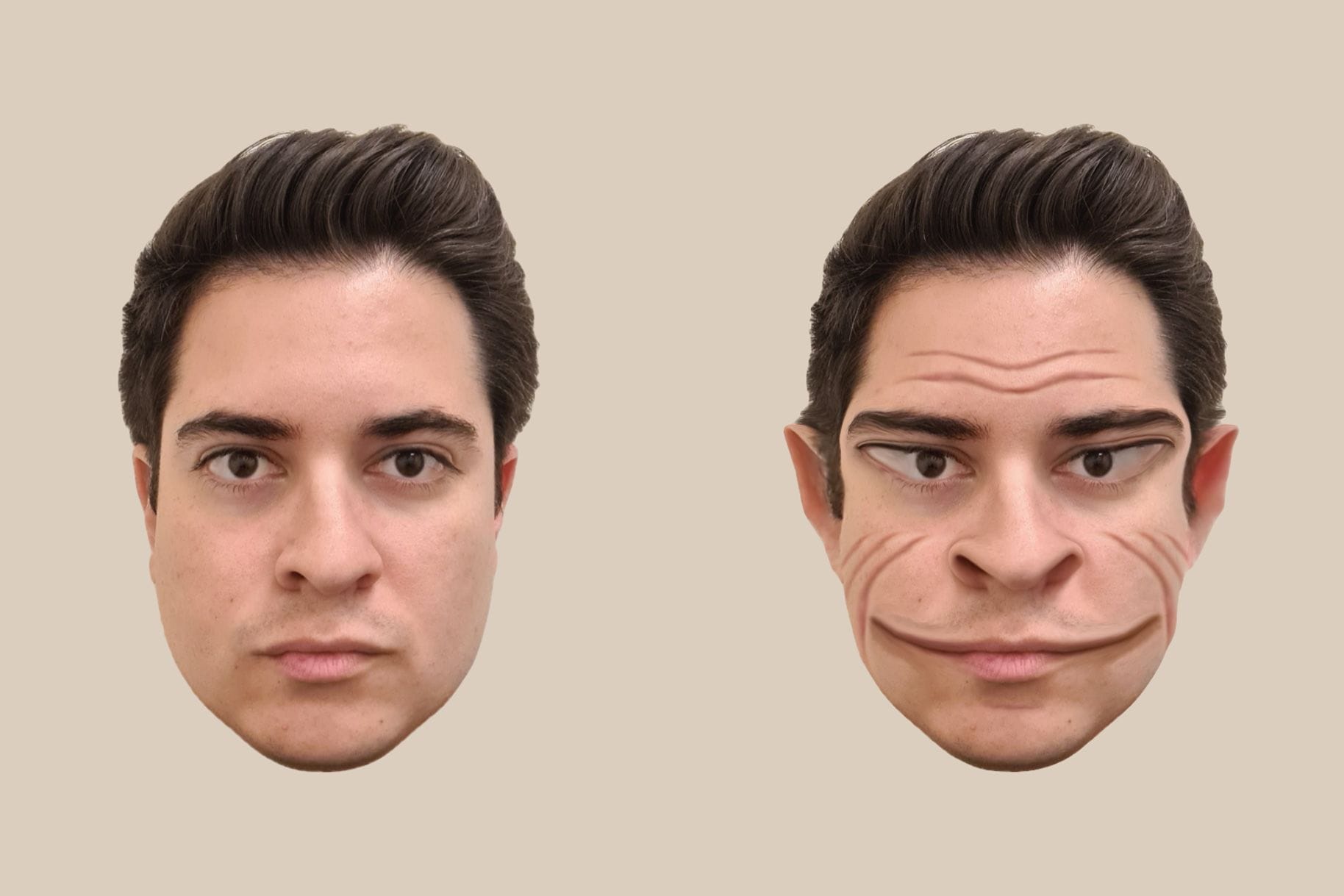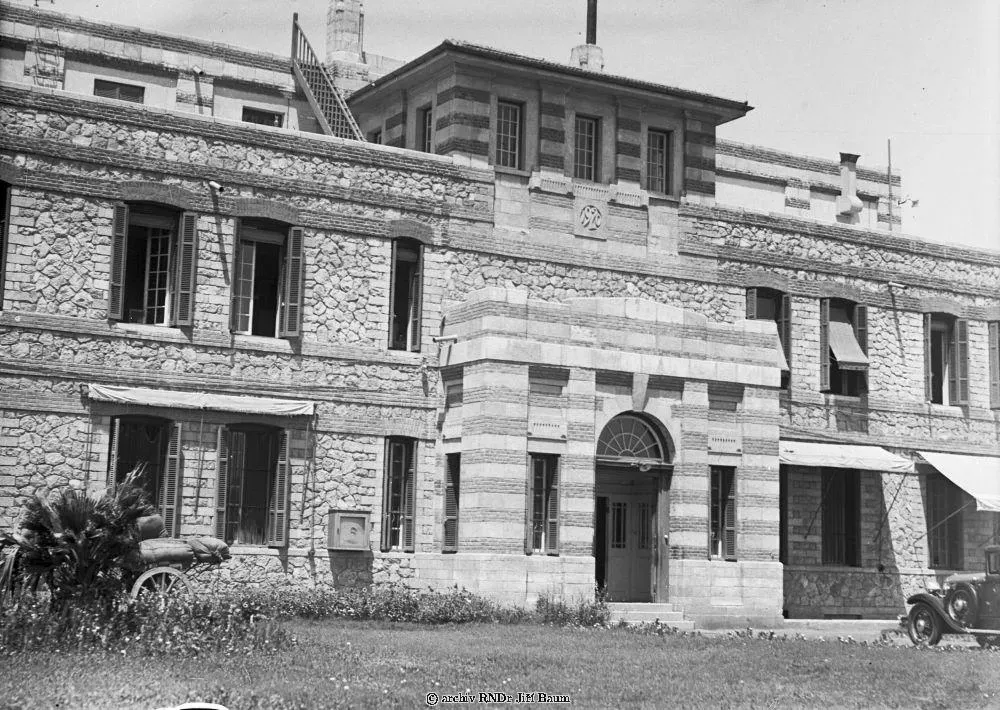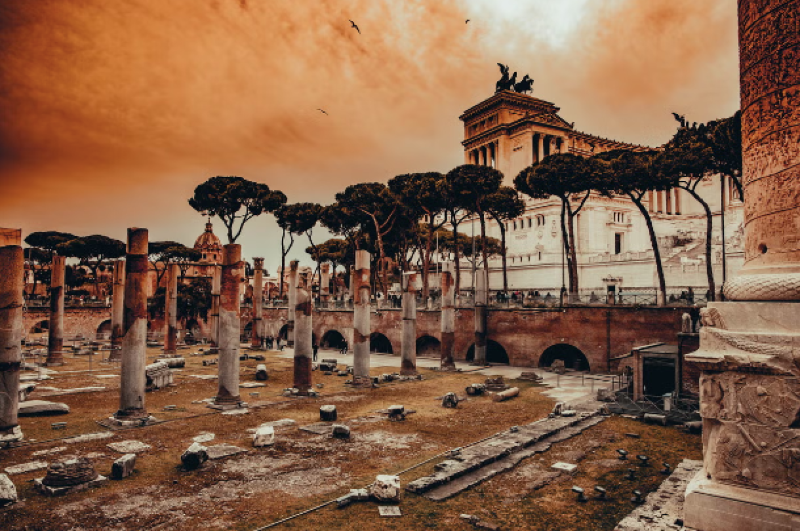How young killer whales learn to become hooligans

From Atlas Obscura: "They come when a boat is quiet, the posse of adolescent orca whales looking to rumble. Finding the propeller still, they crash into it like semi trucks, each animal a monochromatic, five-ton torpedo on a mission of destruction. Although killer whales are often observed interacting with boats, sea life, and ocean detritus there’s no clear explanation why gangs of young males suddenly began ramming boats around Portugal, Spain, and France this summer. Since July, they’ve sunk or damaged at least three. Researchers believe the behavior may be a temporary cultural fad—the cetacean equivalent of the ice bucket challenge or rickrolling—and it’s not the first killer whale trend to go viral. Orcas, like other whale and dolphin species, have culture, behaviors that are socially shared and learned within a population. Some are transmitted from older generations to younger ones. Others are shared “horizontally,” between members of the same age group."
A rare neurological disorder makes people think they are seeing monsters

From the New Yorker: "After he recovered, Werbeloff was eager to be around people again, and he spent a night clubbing. In the shifting red light, he looked at a friend’s face and realized that the right side looked odd. It seemed to stretch outward, like Silly Putty being pulled, and a dark, rough patch was visible around the friend’s right eye. Werbeloff blinked and looked away, and his friend’s features briefly returned to normal. Then the distortions appeared again. In the weeks that followed, Werbeloff started to notice similar unsettling changes in everyone he looked at. “If they were smiling with their teeth very visible, then, on the right-hand side, the canine tooth would elongate,” he told me. Even his own face in the mirror looked malformed on the right. He had long known that his ability to recognize faces was so poor that it bordered on prosopagnosia—face blindness—but now he wondered whether he suffered from something else."
(Editor's note: If you like this newsletter, please share it with someone else. And if you really like it, perhaps you could subscribe, or contribute something via my Patreon. Thanks for being a reader!)
Son of Russian spies feels relief after becoming a Canadian citizen

From the BBC: "The son of Russian spies has spoken of his relief after a court decided to let him keep his Canadian citizenship. Alexander Vavilov had his citizenship revoked after his parents, who worked for Russia's foreign intelligence service, were arrested in 2010. He was born in Canada, and until their arrest he believed his parents were Canadian too. Mr Vavilov was born Alexander Foley in Toronto on 3 June 1994 to Tracey Lee Ann Foley and Donald Howard Heathfield - or so he thought. Their real names were Elena Vavilova and Andrey Bezrukov and they had moved to Canada using false identities, in order to establish a "deep cover" that would allow them to travel the world and spy for Russia's KGB. In Canada, they seemed like a normal, happy young family. Mr Vavilov's older brother Timothy was born just four years before, also in Toronto. At one point, his parents started up their own diaper delivery service."
In 1754 a Czech priest tried to control the weather but invented the lightning rod instead

From Amusing Planet: "Prokop Diviš was a pastor in Přímětice, a neighborhood in Znojmo near the Austrian border. In addition to preparing weekly sermons, preaching, and conducting worship services, he managed farmland belonging to the abbey. Diviš developed an interest in electricity, a little-understood subject in his time. He began experimenting with small electric voltages, achieving notable success in promoting plant growth and therapy. He published his findings and even demonstrated them at the Imperial Court in Vienna. In 1753, Russian physicist Georg Wilhelm Richmann attempted to extract electricity from a thunderstorm using a metallic rod but was struck by a ball of lightning and died of electrocution. The previous year, American polymath Benjamin Franklin had survived a similar endeavor—the famous kite experiment, in which he flew a kite into a storm cloud with a house key attached to the wet hemp string."
How the American civil war built the cotton industry in Egypt

From the Smithsonian: "When Confederate artillery opened up on the Union garrison at Fort Sumter in Charleston Harbor on April 12, 1861, it marked the beginning of an exceptionally bleak chapter in U.S history. But for a number of fledgling countries and colonies across the world, America’s loss was their great gain. As northern warships blockaded southern ports, closing them off to commercial shipping, the cotton plantations of the Confederacy struggled to export their ‘white gold.’ With the great textile mills of England now deprived of the lifeblood of their industry, 80 percent of which had previously come from the U.S, the price of cotton very soon went through the roof. No one, however, seized on the opportunity quite like the Egyptians, who had just a few decades beforehand freed themselves from almost 300 years of direct Ottoman rule."
In a routine excavation archaeologists accidentally uncovered a secret Pope’s palace

From Popular Mechanics: "Archaeologists in Rome unearthed the remains of an ancient palace that could have housed popes prior to the establishment of the Vatican. In preparation for the 2025 Jubilee, various areas in Rome have been undergoing renovations, including the Piazza San Giovanni in Laterano. Work on the piazza revealed a complex architectural structure just beneath the surface that may have played a big role in papal history. Walls found along the eastern side of the dig site date back to between the 9th and 13th centuries, and archaeologists theorize that they may belong to the Patriarchate, according to the Italian Ministry of Culture. During the Middle Ages, the structure was expanded to house the office of the Pope, otherwise known as the papacy. The ministry estimated that the papacy remained in the Patriarchate until 1305 when the papal capital was temporarily moved to Avignon, France."
Remote-controlled lifeguard robot drags people to safety
Wow! Remote controlled lifeguard!pic.twitter.com/1MxuGEIlMJ
— Volcaholic 🌋 (@volcaholic1) August 7, 2024
Acknowledgements: I find a lot of these links myself, but I also get some from other newsletters that I rely on as "serendipity engines," such as The Morning News from Rosecrans Baldwin and Andrew Womack, Jodi Ettenberg's Curious About Everything, Dan Lewis's Now I Know, Robert Cottrell and Caroline Crampton's The Browser, Clive Thompson's Linkfest, Noah Brier and Colin Nagy's Why Is This Interesting, Maria Popova's The Marginalian, Sheehan Quirke AKA The Cultural Tutor, the Smithsonian magazine, and JSTOR Daily. If you come across something interesting that you think should be included here, please feel free to email me at mathew @ mathewingram dot com



